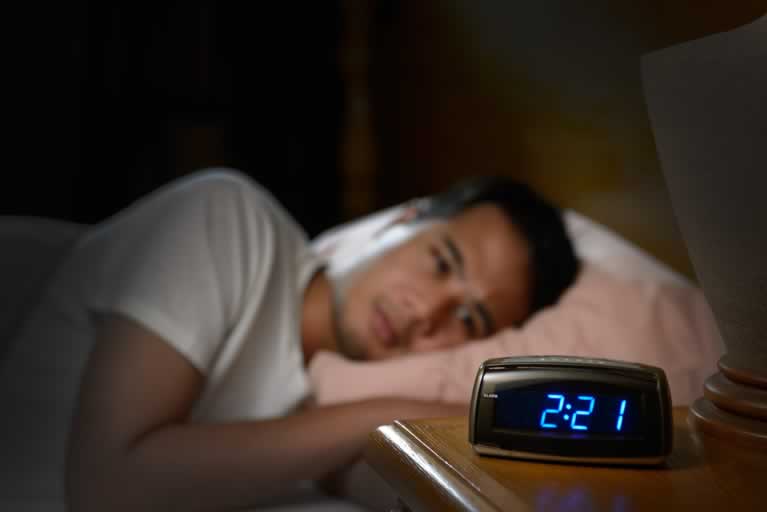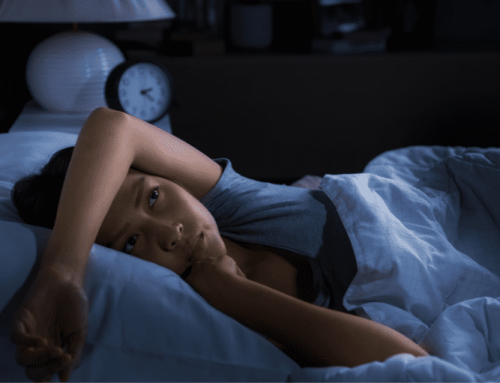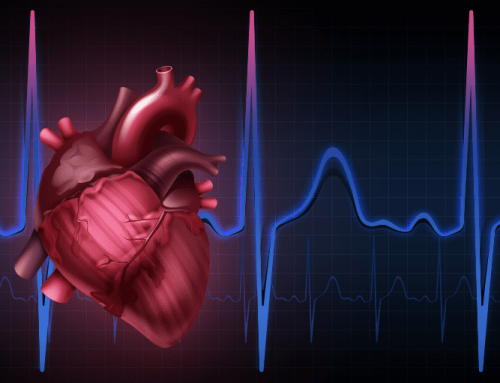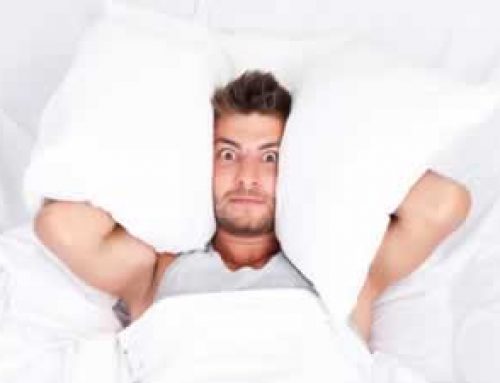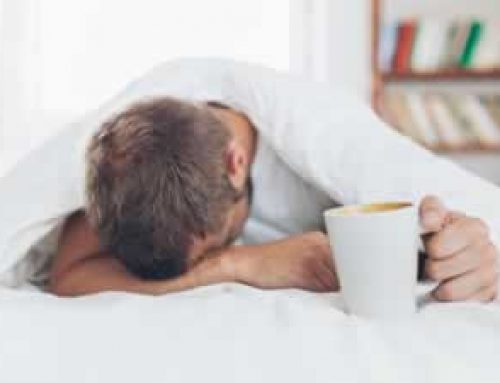Sleep Loss Warning: What Can You Do About Insomnia Right Now
Tick tock goes the clock as you stare at it. You can’t sleep – again. This bout of insomnia is driving you crazy. Surely there is something you can do about it.
Great news! There is! And you’re not alone in this battle with insomnia. One in three people will have insomnia at some point in their lives. In fact, about 10% of the population is suffering from it right along with you at this moment.
Sleep loss is something you should take seriously. It can take a considerable toll on your health. So let’s take a look at what you can do about your insomnia right now to put an end to it.
First, let’s make sure that your problem really is insomnia and not one of the 83 other possible sleep disorders out there. Do you have any of these symptoms of insomnia?
Common symptoms of insomnia
- Difficulty falling or staying asleep
- Anxiety or irritability
- Dizziness
- Feelings of exhaustion
- Headaches
- Inability to stay focused
- Intestinal distress
Chances are you said yes to at least one of them, or you wouldn’t be reading this article! Now, think about what’s going on in your life and what you do all day. Do any of these common causes of insomnia show up in your day?
Common causes of insomnia
- Alcohol consumption in the evening
- Caffeine consumption (coffee, energy drinks, chocolate)
- Change of climate or time zone
- Depression, stress, and anxiety
- Disruption in one’s circadian rhythm
- Indigestion or heartburn
- Lifestyle habits inconducive to sleeping
- Mental or emotional disturbances
- Short-term or chronic illness
- Symptoms of an underlying medical condition like Sleep Apnea or Restless Leg Syndrome
- Uncomfortable sleeping conditions
Was that another yes? Thought so! Now let’s figure out what you can do to put an end to your insomnia.
What you can do to about insomnia
Putting an end to insomnia starts by avoiding triggers for it. Here’s a handy list of things to avoid:
Things to avoid
- Caffeine, alcohol, tobacco, and other stimulants at night
- Daytime naps longer than 26 minutes
- Eating greasy food and junk food before sleep
- Eating, reading, and watching TV in the bedroom
- Focusing on insomnia (sleep usually comes when you don’t think about it)
- Going to bed with cold feet (put on socks!)
- Putting working electronic appliances anywhere near your head
- Watching television or playing computer games in bed
Avoiding all of these things will take a little practice, so be patient with yourself. You’ll need to make avoiding them a priority though if you want to put an end to your insomnia.
Next, you’ll want to adopt some new habits that support getting quality sleep. Here’s a quick list of things you’ll want to do:
New habits to adopt
- Close the blinds or curtains, dim the lights, and turn off the TV well before bed
- Follow a bedtime routine (personal hygiene, changing into pajamas, reading)
- Get 20 minutes of exercise each morning
- Go to bed and wake up at the same time every day
- Maintain a moderate temperature in your bedroom (65 to 75 degrees Fahrenheit)
- Make sure to get some sun during the day
- Minimize the lighting and sound in the bedroom
- Only use the bed for sleeping or sex
- Sleep on a supportive and comfortable bed
Ok, now that you’ve eliminated the things that can cause your insomnia and adopted some new habits to support getting quality sleep, you still might need a little help. Making sure you are relaxed before laying down to sleep is essential. Here are a few simple things you can do to relax:
Things that will help you relax
- Cup of warm herbal tea or milk
- Meditation
- Mindfulness
- Warm shower or bath
- Yoga for sleep
Next up is making sure your bedtime snack supports sleep instead of hinders it. Here’s a list of healthy bedtime snacks that contain sleepiness promoting elements:
Bedtime snacks that support sleep
Going to bed hungry isn’t good for sleep. Having the right bedtime snack can help you enjoy a quality night of sleep. Foods rich in melatonin, tryptophan, magnesium, and vitamin B6 can help promote sleepiness.
- Tryptophan: protein-based foods like nuts, seeds, tofu, cheese, red meat, chicken, turkey, fish, oats, beans, lentils, and eggs.
- Melatonin: Rainier cherries, wheat, barley, oats, walnuts, strawberries, tart cherries, tomatoes, almonds, sunflower and other seeds, eggs, fish, pistachios, bananas, pineapples, and red wine.
- Magnesium: almonds, avocados, baby spinach, bananas, brazil nuts, cashews, collard greens, flaxseed, halibut, kale, low-fat yogurt, mackerel, pecans, pine nuts, salmon, soybeans, sunflower seeds, tuna, and wheat germ.
- Vitamin B6: avocados, bananas, chicken, dried prunes, flaxseed, halibut, lean beef, lean pork, pistachio nuts, salmon, spinach, sunflower seeds, and tuna.
Finally, putting an end to your insomnia may come down to handling your inability to sleep. Here’s a list of things you can do when you just can’t fall asleep that will help make you sleep instead of making the problem worse.
Things to do when you just can’t fall asleep
- Change into your comfiest PJs
- Hide your alarm clock
- Make a cup of Chamomile tea
- Put on socks
- Read a book by low light
- Spray or dab a little lavender essential oil on your pillow
If you’ve tried all of these tips and you’re still having problems getting to sleep or staying asleep, it’s time to look into more serious causes of your insomnia. Taking our online Sleep Assessment that assesses over 30 possible sleep problems is a great place to start. If results show signs of obstructive sleep apnea or another sleep disorder, schedule an appointment with your personal physician to further discuss your sleep problems and options for home sleep testing through Vitalistics.
You deserve quality sleep. Take the steps to get it!

